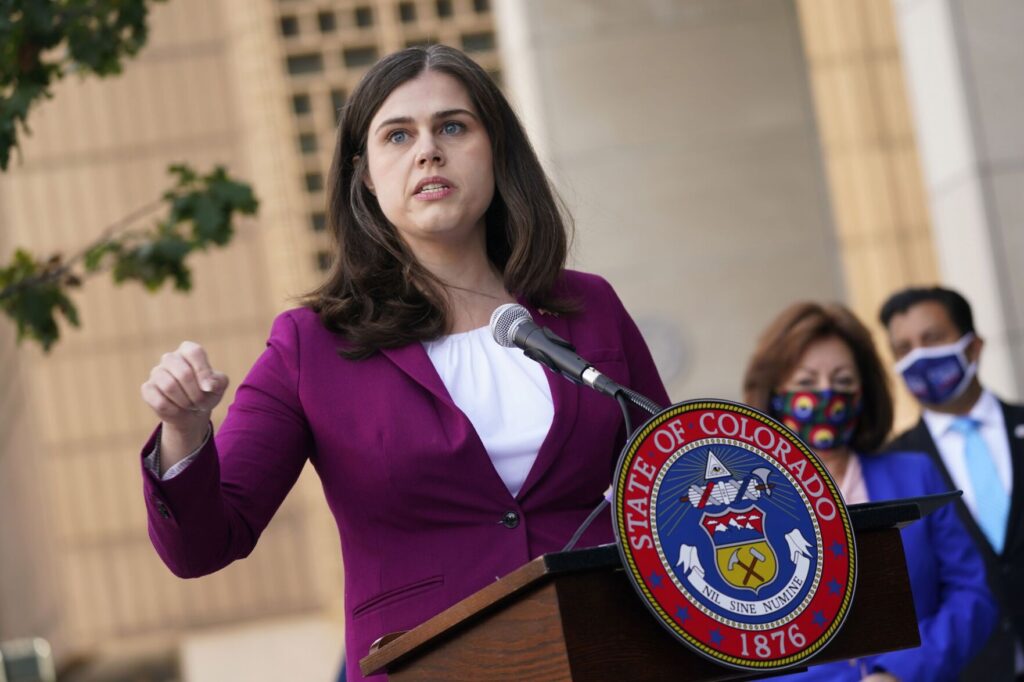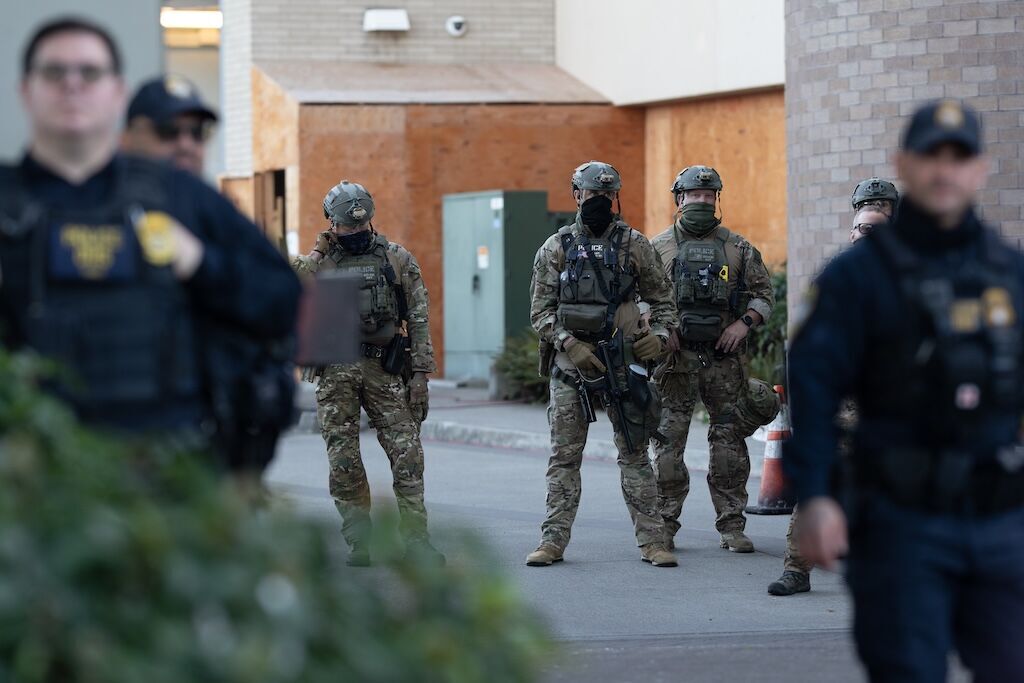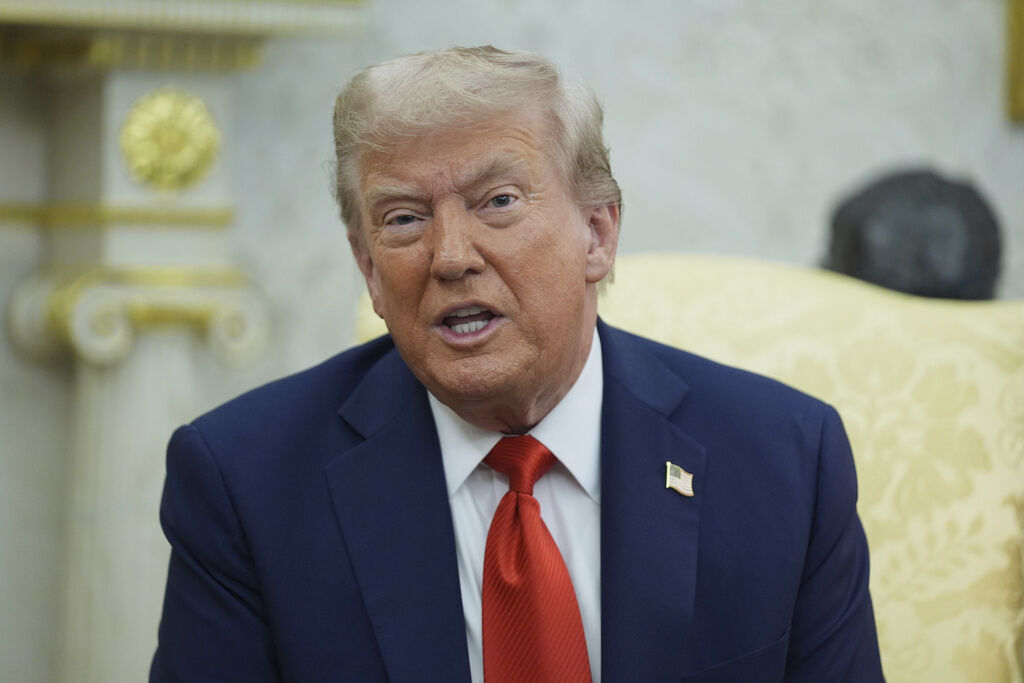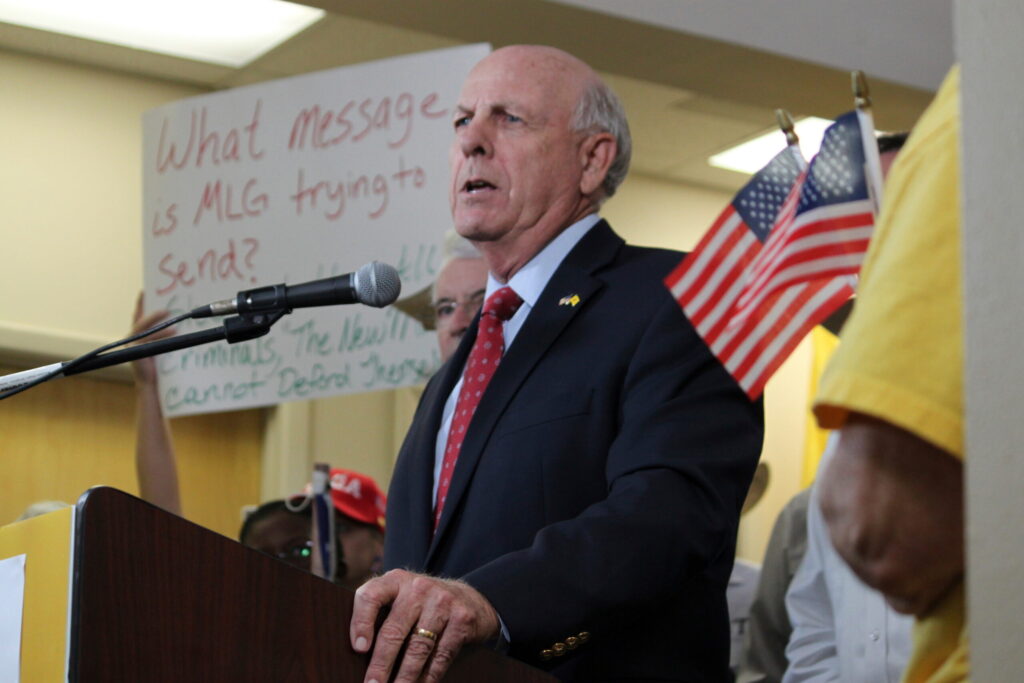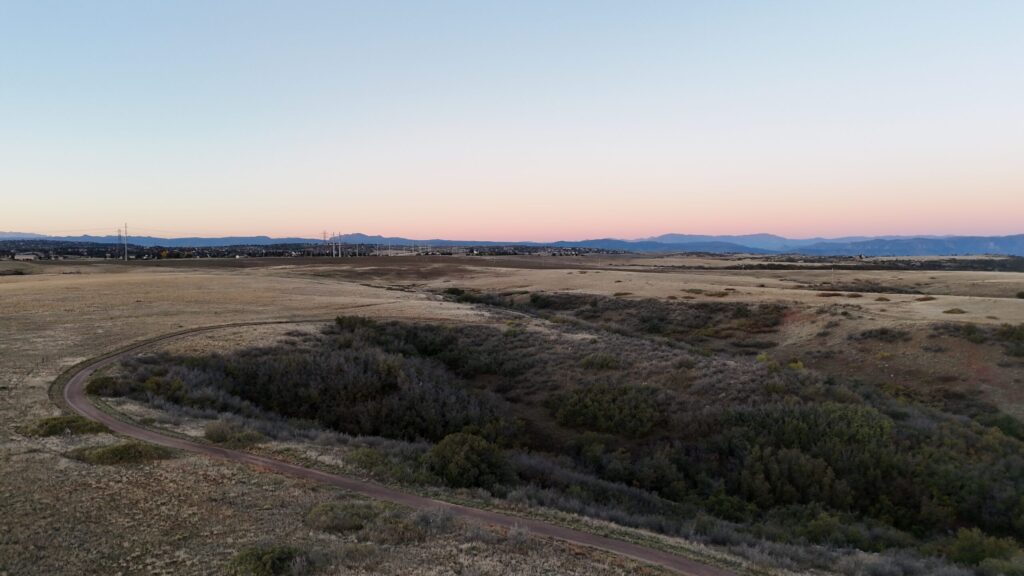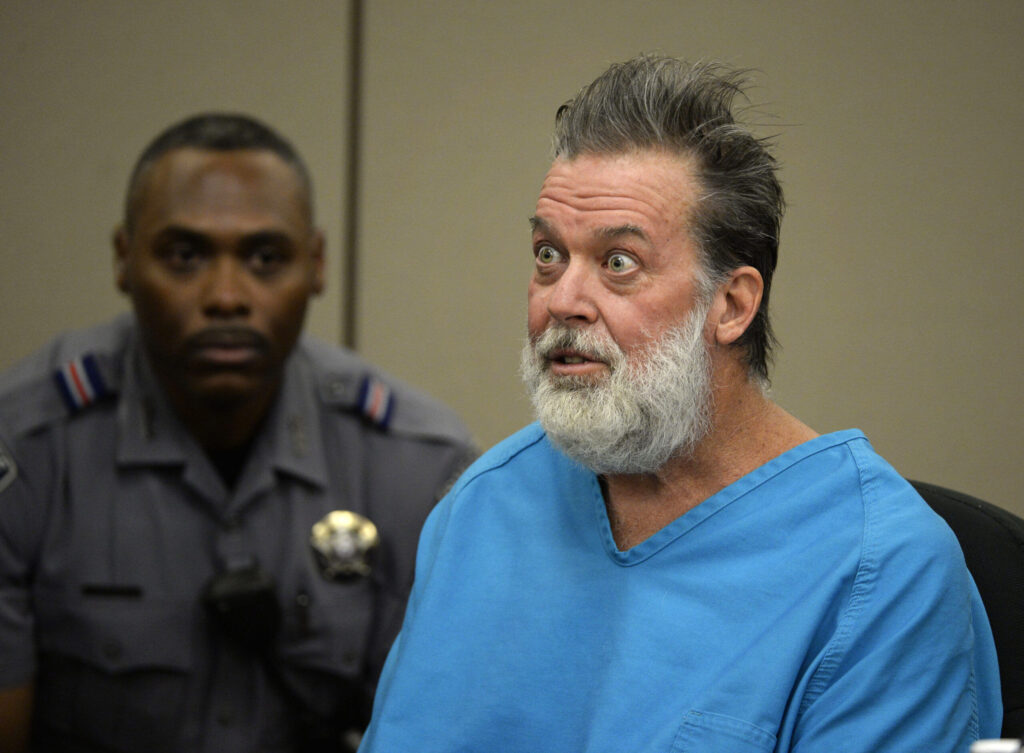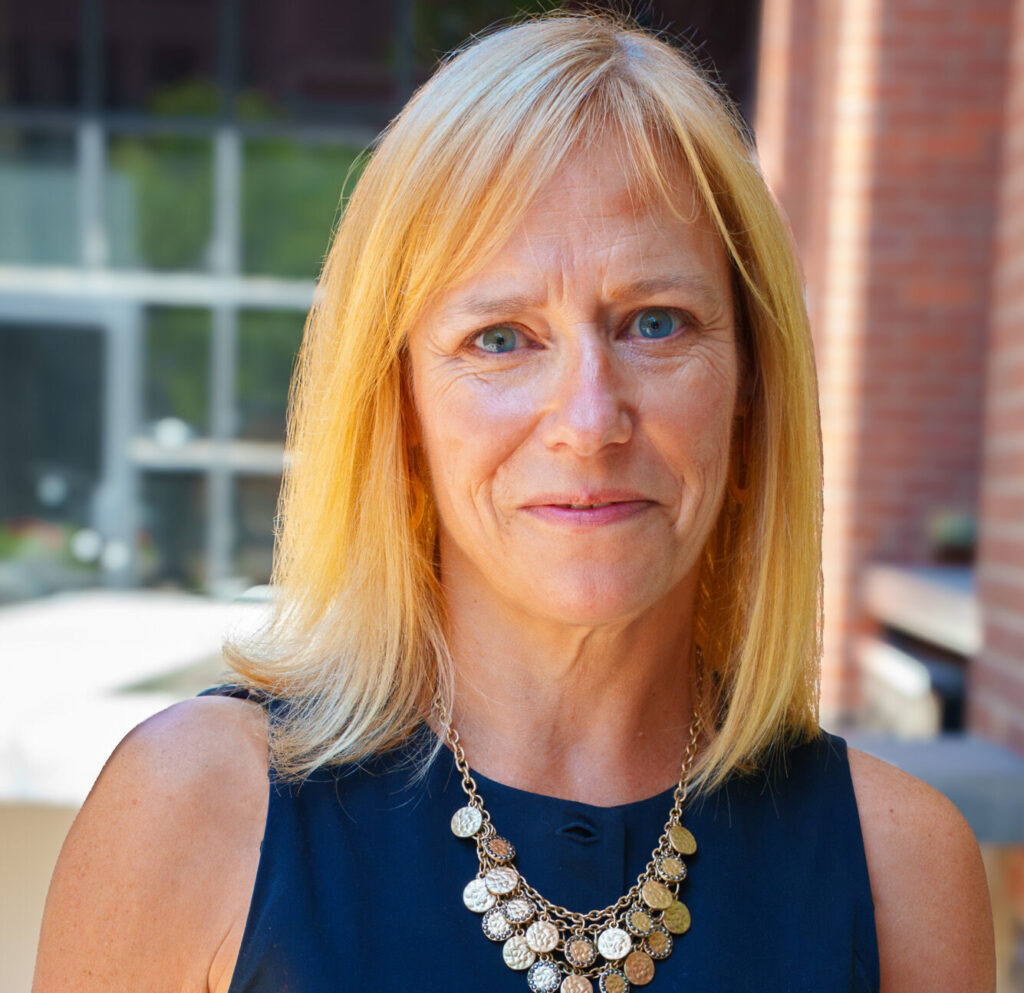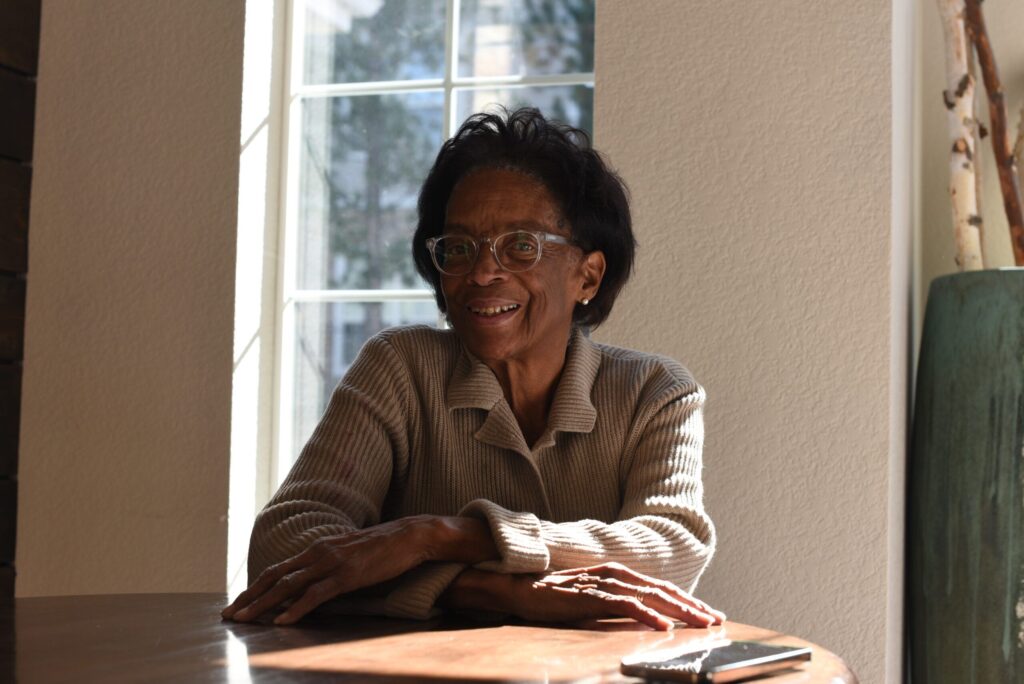Colorado Legislature returns to address property tax deal, citizen initiative process
The Colorado General Assembly returned to the state Capitol Monday to finalize the deal lawmakers hope will end two ballot measures Democrats have called “reckless and destructive” but which supporters argue are necessary in order to provide sufficient and meaningful relief to residents against soaring tax liabilities.
This week’s special session is focused on a property tax deal crafted by legislative leaders, the governor and two groups, Advance Colorado and Colorado Concern. The two groups pledged to withdraw two property tax ballot measures should the deal win approval from the General Assembly. That’s contained in House Bill 24B-1001. It’s sponsored by Democratic House Speaker Julie McCluskie of Dillon, Republican House Minority Leader Rose Pugliese of Colorado Springs; Sen. Chris Hansen, D-Denver and Sen. Barbara Kirkmeyer, R-Weld County.
But that’s far from the only measure lawmakers will consider this week. The House has introduced 11 bills, including two constitutional measures to be referred to voters. The Senate has two measures, both constitutional amendments. House Concurrent Resolution 24B1-1001, sponsored by Rep. Mike Weissman, D-Aurora, and Hansen, contains a ban on statewide citizen initiatives on property taxes.
The second House resolution is a constitutional amendment to reinstate the Gallagher Amendment to the state constitution, which voters repealed in 2020. Rep. Brandi Bradley, R-Roxborough Park, sponsors it, but it is unlikely to pass.
Democratic leaders held a pre-session briefing Monday and discussed their hopes for the week. McCluskie said Colorado is facing an affordability crisis, and when talking about housing, that includes property taxes. They had hoped the solution was Senate Bill 233, which won 92 out of 100 votes during the 2024 regular session.
However, the threats of Propositions 50 and 108 pushed lawmakers to continue negotiations with the backers of the two ballot measures to protect K-12 funding and funding for special districts, including fire and emergency responders.
Senate President Steve Fenberg, D-Boulder, said it would be reckless if those two ballot measures passed. He added, “We have a responsibility” to think about the state budget, K-12, and special districts. “We’re willing to spend three to four days to secure our own future.”
And lawmakers hope the results will be bipartisan, said House Majority Leader Monica Duran, D-Wheat Ridge.
Hansen added that the proponents of the two ballot measures got the message loud and clear from the right, center and left that the ballot measures had to go. He also rejected the claim by some Democratic lawmakers that the negotiations came out of a backroom deal, pointing out that the state property tax commission, which he chairs, vetted that proposal,
He called the deal a relatively small extension of SB 233, adding about $77 in savings to property tax bills, and said he hoped it would put to an end the property tax wars, given that the ballot measure proponents have pledged not to run any more initiatives on property taxes for the next three assessment cycles, or six years.
While HB24B-1001 is the bill containing that deal, lawmakers have offered several other bills, including bills that some believe would be deal-breakers. McCluskie said everyone was allowed to put forward their ideas.
According to the bill’s fiscal analysis, HB24B-1001 will cost K-12 about $81 million, based on a cap on school property tax growth.
The lawmakers also discussed the citizen initiative process and indicated they believed ballot measure proponents had abused it.
“I am a firm supporter of every citizen’s desire to bring forward an initiative,” McCluskie said, and that right should be protected. “But we have now seen several times where wealthy interest groups have been able to put something on the ballot for consideration that is then weaponized against the legislature to legislate a different solution,” and that must end, she added.
McCluskie said that is not how good, thoughtful, sustainable policy could be created, “it is a way to make a political statement, but it is harmful to this state.”
“We are acting responsibly to save our state from devastating impacts and two ballot measures,” McCluskie added. That would result in billions of dollars of impact on the things lawmakers care most about, such as K-12, she said, adding, “Am I frustrated? Am I angry about the idea that the citizen’s initiative can be used in this way? Yes.”
Fenberg said that initiatives are a way to put a check and balance on the legislature and bring up issues that aren’t always politically expedient for lawmakers.
“The issue here is it’s the citizen initiative process that is being exploited by special interests,” he added. “This is not a grassroots effort.” It’s an effort bankrolled by millionaires and billionaires and represents a danger to democracy that has been ongoing for years, he stressed.
And it’s the worst way to write public policy, he said, given that property taxes are a very complex issue.


